What’s worse than Congress picking winners and losers and distorting the free-market with bailouts, stimulus, and tendentious interventions on behalf of specific industries? Unelected members of the Federal Reserve doing the same through monetary policy.
It is amazing to watch how many Republicans will speak with such conviction against Keynesian fiscal stimulus policies, yet they will fervently promote monetary stimulus policies by the unaccountable Federal Reserve. Their support for near-zero interest rates, quantitative easing, bailouts, and intervention in the housing sector has muddled our message against Obama’s anti-free-market policies. Moreover, in this time of record commodity prices, pro-(monetary) stimulus Republicans preclude us from showing how government intervention on behalf of special interests distorts the markets, depletes savings, and devalues the currency – a winning political argument if there ever was one.
Richard Fisher, president of the Dallas Fed and frequent dissenter on the Federal Open Market Committee (FOMC), recently said that he is “personally perplexed by the continued preoccupation, bordering upon fetish, that Wall Street exhibits regarding the potential for further monetary accommodation—the so-called QE3, or third round of quantitative easing.” He explained that Wall Street has become hooked on “monetary morphine” based on the previous expectation that the Fed will always come through with stimulus measures. We need to break this addiction.
Undoubtedly, our complex economy would be restricted by a pure gold standard, but it’s not too much to ask that we reform the Federal Reserve to end its interventions in the economy and promote a strong dollar. Advocating some reform to our 30-year old mandates on the Fed it not tantamount to advocating for ending the Fed. Senator Mike Lee is introducing a bill, the Federal Reserve Modernization Act (S.2247), to do just that. Here are the major provisions of the bill:
- It will repeal the Fed’s current dual mandate (Humphrey-Hawkins) to achieve maximum sustainable employment and keep prices stable. The Fed would be forced to focus solely on price stability. This would take “the game” out of the Fed. If they have no ability to create stimulus and provide monetary morphine, Wall Street can’t anticipate it.
- It would require the Fed to clearly articulate its function as the lender-of-last-resort. When the government was picking winners and losers in 2008, the Fed bailed out Bear Sterns but not Lehman Brothers. This bill would force them to communicate a clear policy so financial entities will not erroneously rely on the Fed’s support.
- It would make the 12 regional Federal Reserve Bank presidents permanent members of the Federal Open Market Committee, the branch of the Fed that sets interest rate policy. At present, only the president of the New York Fed is on the committee, along with a rotating membership of just 4 of the remaining 11 branch presidents. The regional presidents tend to be more conservative (like Fisher) than the 7 bureaucrats that are appointed to the governing board by Congress. It would also weaken the power of the Fed chairman.
- It would ban the Fed from buying up other securities and bonds, such as mortgage-backed securities from Freddie and Fannie. We must stop distorting the markets by encouraging investments on the basis of how much capital is available instead of real growth in a specific industry.
- It would require that the Consumer Financial Protection Bureau, created by the Dodd-Frank law, be subjected to congressional appropriations. Under current law, the CFPB is housed in the Fed and shielded from congressional oversight.
The House version, HR 4180, is sponsored by Kevin Brady (R-TX) and already has 31 cosponsors.
Cross-posted from The Madison Project



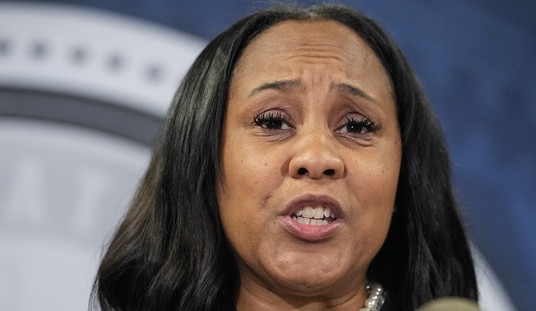
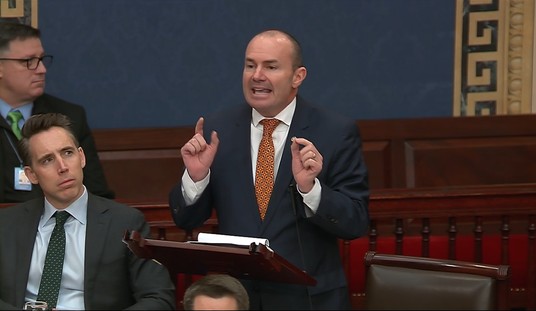
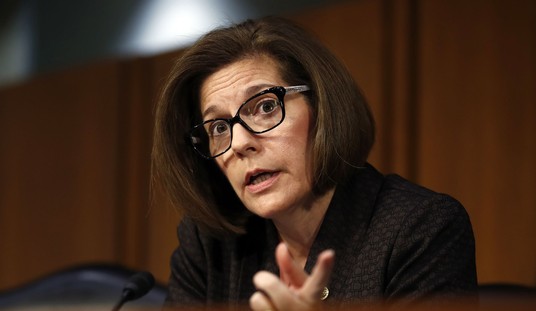
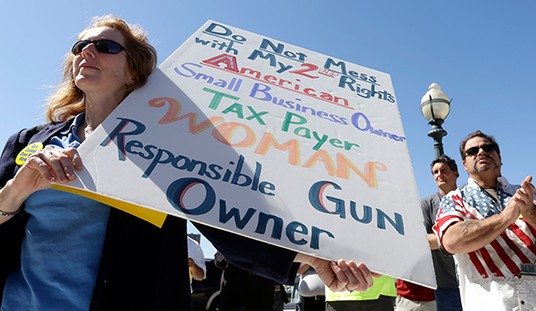
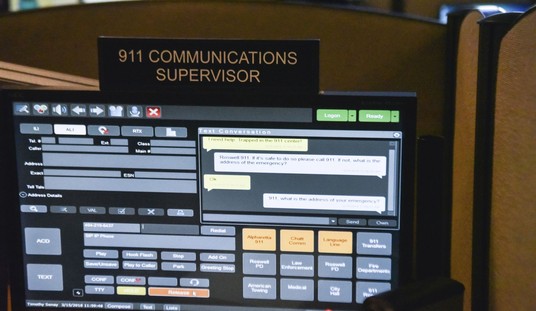



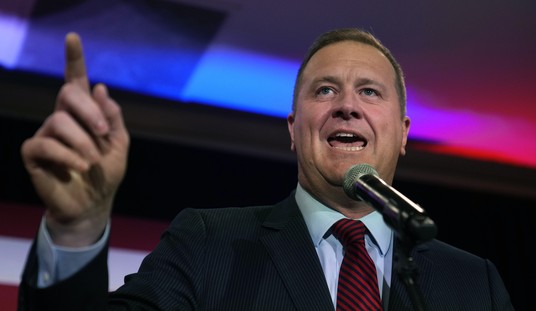
Join the conversation as a VIP Member